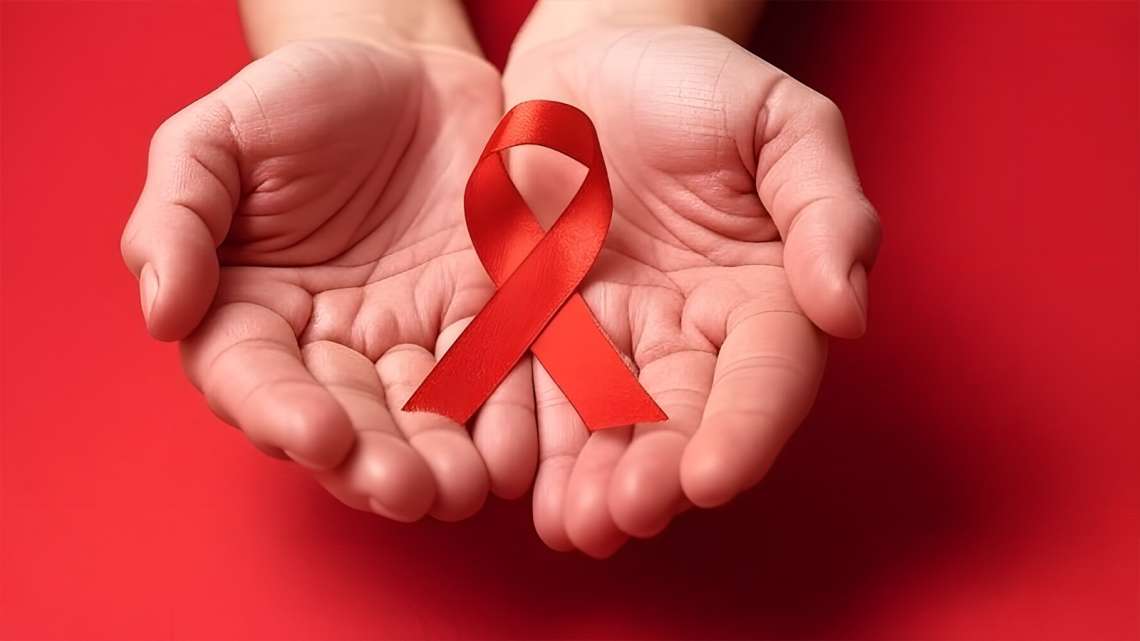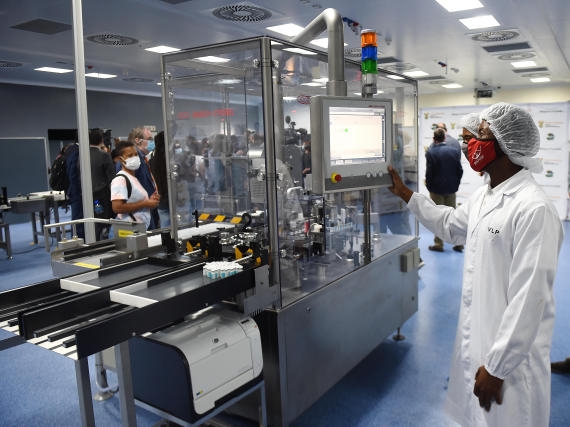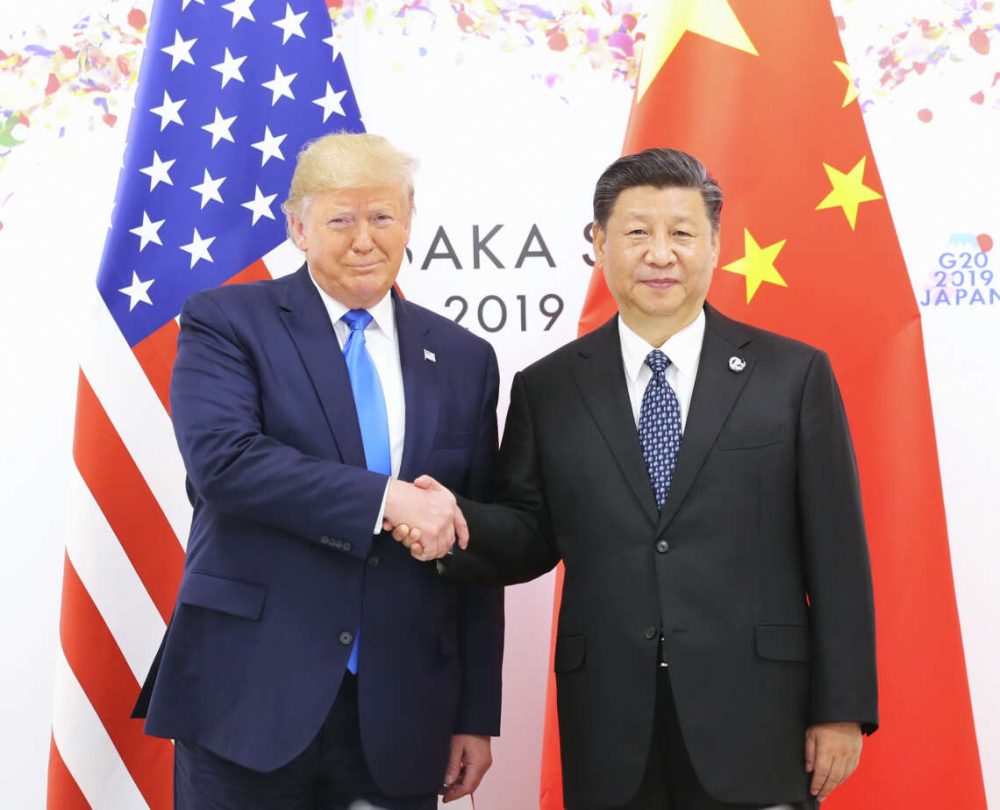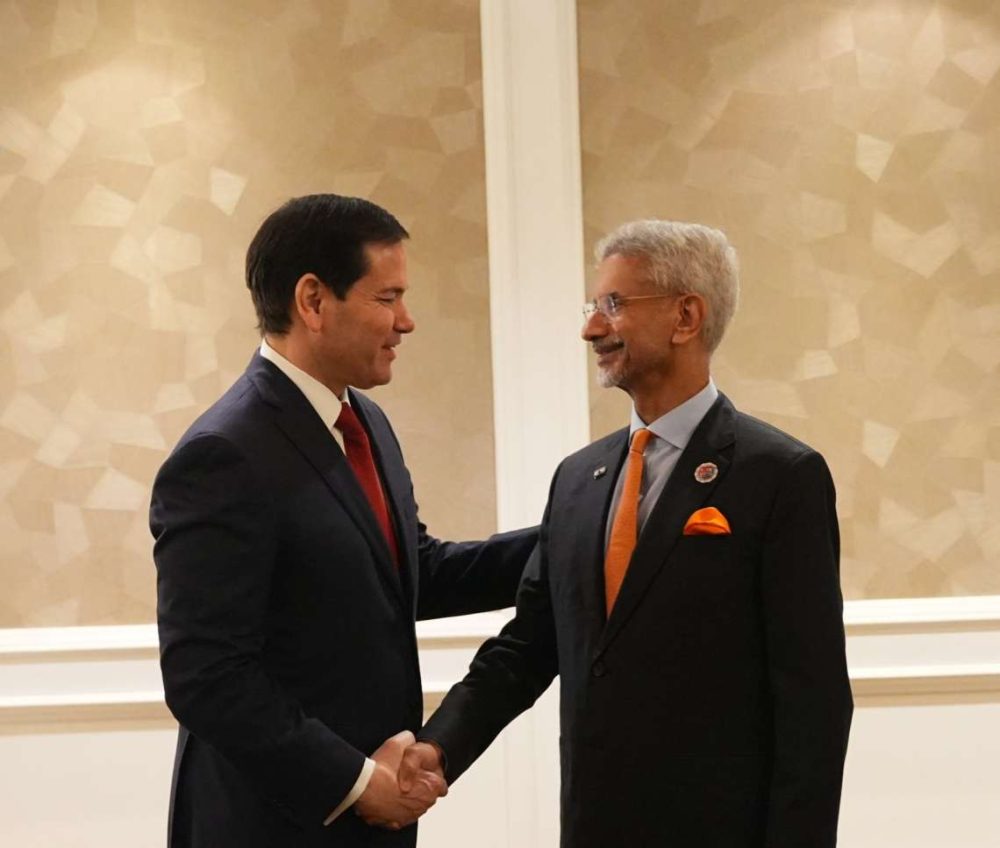South Africa’s government has pledged that the US withdrawal of about £335 million in support will not collapse its HIV programme, the largest in the world
On a warm evening in Johannesburg, word spread quickly through sex worker networks: within 24 hours, several non-profit clinics offering free HIV services would be closing. The announcement came after former US President Donald Trump confirmed that Washington was slashing foreign aid, leaving tens of thousands in South Africa suddenly cut off from life-saving treatment.
Some of those living with, or at risk of, HIV managed to secure supplies of antiretroviral drugs before the closures. Others were not so fortunate. Half a year later, the consequences are visible across the country with the highest HIV prevalence in the world. More than 63,000 people were receiving treatment at the 12 clinics that shut down, while up to 220,000 people have faced disruptions in accessing their daily medication.
South Africa’s government has pledged that the US withdrawal of about £335 million in support will not collapse its HIV programme, the largest in the world. Yet the strain is showing, especially among the most vulnerable groups: sex workers, who face criminalisation, and transgender people, who often encounter discrimination in health facilities.
A 37-year-old sex worker and mother of three said she was left without medication for almost four months after being turned away from public hospitals. “The only thing I could think of was my kids, and that I am going to die. How was I going to explain to them that I am sick because of the line of work I chose?” she said.
Eventually, she obtained a month’s supply from a mobile clinic set up in the wake of the aid cuts, but she had no guarantee of continuity. Another sex worker said she resorted to buying drugs illegally on the black market, where prices have nearly doubled. For many, this risky option is the only one left.
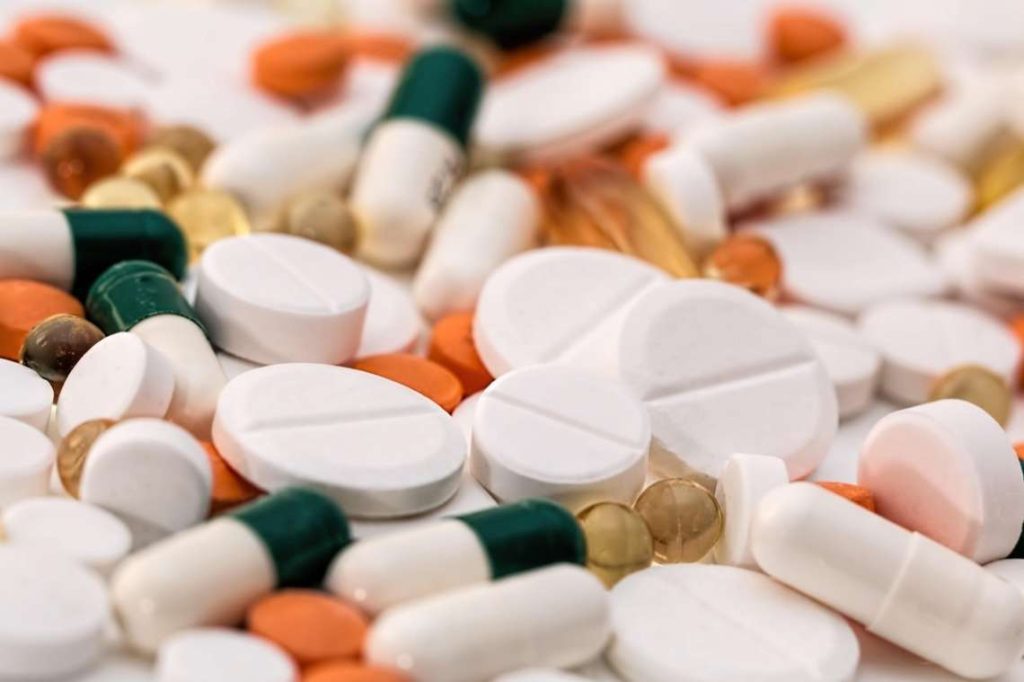
Although Washington later issued a limited waiver to allow some HIV services to resume globally, the dismantling of much of its foreign aid has already created chaos. Experts warn of hundreds of thousands of new infections and tens of thousands of preventable deaths in South Africa if alternative funding is not secured.
Those who once relied on US-funded clinics now face the challenge of seeking help from overstretched public hospitals and local clinics.
“I have tried three local clinics and been refused treatment because I don’t have a referral letter from my previous clinic,” said the 37-year-old sex worker. Kate Rees, a public health specialist at the Anova Health Institute in Johannesburg, said that while transfer letters are ideal, they are not required and patients should not be turned away. “But people at clinics – nurses, security guards, doctors – do turn them away,” she said.
South Africa’s health department has stated it is not aware of such cases and insists people can attend their nearest public facility. Discrimination also remains a significant barrier. One transgender woman explained that hospital staff told her pre-exposure prophylaxis (PrEP) would only be provided to people in heterosexual relationships trying to conceive. Humiliated, she turned to private healthcare, moving back in with her mother to afford the costs.
“I’m not going back to a clinic where people laugh at me like I’m a clown,” she said. For those unable to buy medication privately or on the black market, which costs around £20 a bottle and may be unreliable, options are dwindling.
South Africa already faced challenges before the cuts. Of the estimated 8 million people living with HIV, about 2 million were not on medication, often due to stigma, denial, or lack of access. Now, activists warn that number is climbing again.
The withdrawal from formal healthcare systems has also reduced testing rates. Many people no longer know their viral load levels, raising the risk of unknowingly transmitting HIV to others.
Yvette Raphael, co-founder of the Advocacy for Prevention of HIV and AIDS group, said campaigners fear the country could lose ground hard won over decades. “We are scared that we are going to see people dying again,” she said.
The cuts have sent shockwaves beyond South Africa, with several African countries reliant on US support for their HIV programmes. The continent, hardest hit by the epidemic, risks seeing infection rates rise if governments cannot fill the funding gap.
The Trump administration defended the cuts, saying American taxpayers should not bear the burden indefinitely. Russell Vought, then director of the US Office of Management and Budget, told a hearing: “We’re $37 trillion in debt. At some point, Africa needs to absorb more of the burden of providing this healthcare.”
For those living with HIV in South Africa, such arguments offer little comfort. “Our lives matter,” said one transgender woman who has struggled to stay on treatment. “I’ve got no civil words to express how I feel, but I just hate them for what they did.”
South Africa’s government insists it will not allow the HIV programme to collapse. Yet with mounting shortages, discrimination in public healthcare, and growing dependence on black-market drugs, those most at risk fear they are being abandoned. As one sex worker put it, “If the medicine stops, we stop living.”


